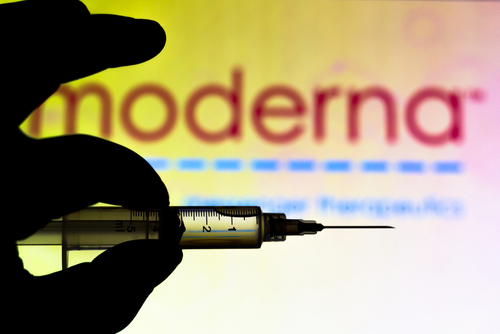
In documents released ahead of a vaccine advisory committee meeting on Dec. 17 to discuss the future of Moderna’s COVID-19 vaccine, the U.S. Food and Drug Administration (FDA) determined the two-dose vaccine to be effective and safe for adults.
If approved for emergency use authorization later this week, the vaccine stands to be the second COVID-19 shot authorized for use in the United States, following on the heels of a Pfizer/BioNTech vaccine approval last week. Safety data from an interim analysis of more than 30,000 participants 18 years of age or older showed “a favorable safety profile, with no specific safety concerns identified that would preclude issuance of an EUA.” A further analysis, submitted this month, showed no changes to that safety analysis.
The vaccine was overwhelmingly effective, with a 94.1 percent grade overall, based on assessments conducted at least two weeks after a second dose. Such doses are given 28 days apart. However, the vaccine has been most effective in people ages 18 to 65. They saw a 95.6 percent effectiveness. That figure dropped to 86.4 percent for those 65 and older. While serious reactions were rare, the vaccine is not without its side effects. Common reactions included headaches, fatigue, pain at injection sites, and more general muscle and joint pain.
While this marks the vaccine as potentially effective for most Americans, the report specifically noted that there is not yet enough data to make recommendations for children under the age of 18, pregnant women, and the immunocompromised. Neither is it known if Moderna’s shot can prevent people from being infected with COVID-19 and show no symptoms — the asymptomatic.
The last hurdle for this vaccine will be the Vaccines and Related Biological Products Advisory Committee (VRBPAC), an advisory group for the FDA, which will hold an open meeting on the vaccine on Thursday. There, its members will assess the scientific data and vote on whether the candidate should be recommended for an EUA, as they did for Pfizer last week.
Both the Moderna and Pfizer vaccines are based on messenger RNA (mRNA) technology that is a clear departure from other vaccines. While mRNA technology triggers an immune response against COVID-19 by impersonating its spike protein, most vaccines use live virus samples to induce a response.




